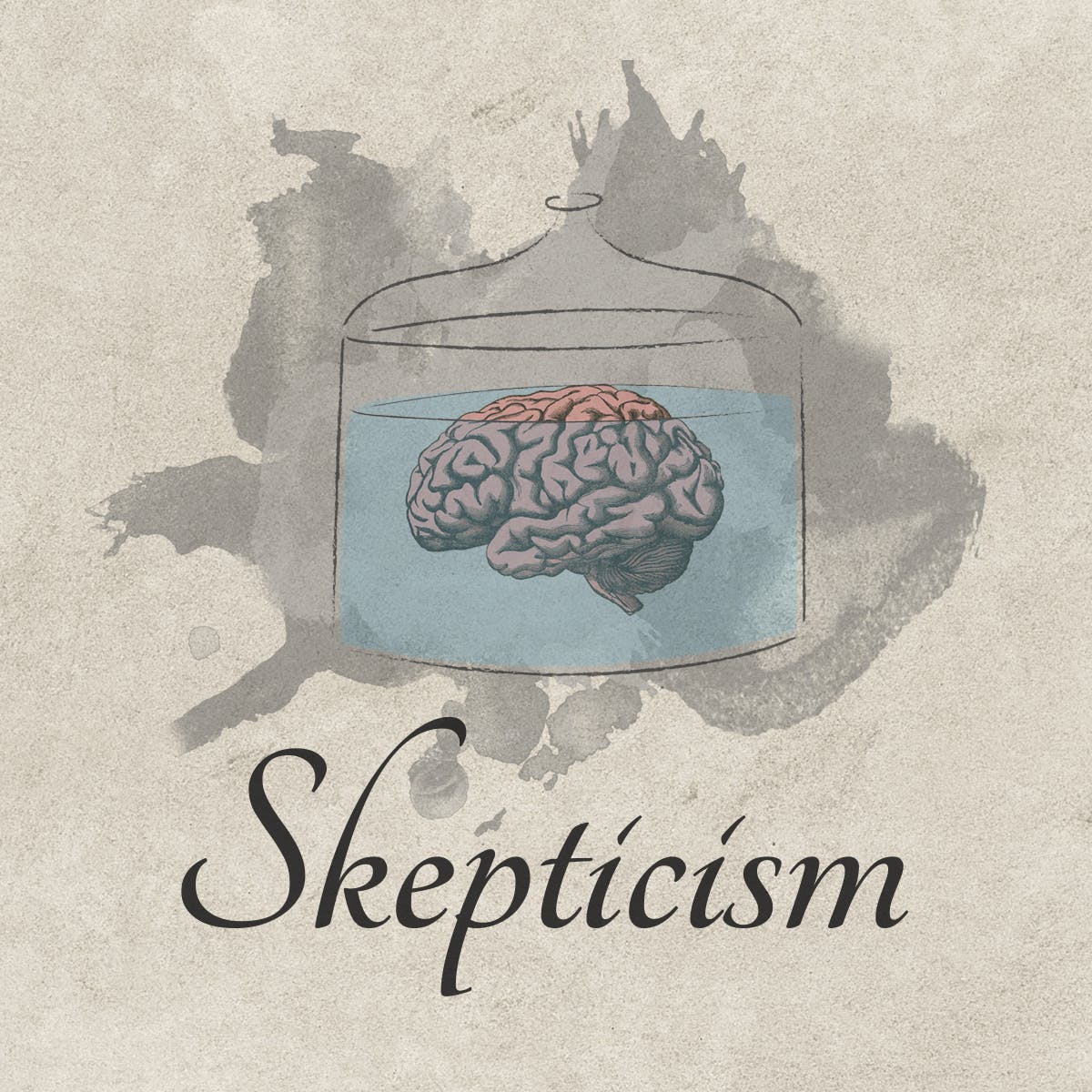Modern Skepticism – Philosophy Notes – For W.B.C.S. Examination.
Modern skepticism emerged in part from Okhamite medieval views, but its main source was the rediscovery of the skeptical classics.Continue Reading Modern Skepticism – Philosophy Notes – For W.B.C.S. Examination.
Very little of the Pyrrhonian tradition had been known in the Middle Ages, but in the 15th century the texts of Sextus Empiricus in Greek were brought from the Byzantine Empire into Italy. (Latin translations of Sextus’s Outlines of Pyrrhonism and Against the Dogmatists were published in 1562 and 1569, respectively, and the Greek texts of both were published in 1621.) Interest in Cicero was also revived, and his Academica and De natura deorum were also published in the 16th century.
The voyages of exploration; the humanistic rediscovery of the learning of ancient Greece, Rome, and Palestine; and the “new science”—all combined to undermine confidence in the widely accepted religious picture of the world. Later, during the Reformation and Counter-Reformation, the doctrinal controversies between Protestants and Roman Catholics raised fundamental epistemological issues about the bases and criteria of religious knowledge.
During the 15th century, scholars in the Florentine convent of San Marco, where the Christian reformer Girolamo Savonarola was a lecturer, examined the views of Sextus in some manuscripts on deposit there. Savonarola urged two of his monks to translate Sextus into Latin as a way of showing the vanity of all pagan philosophy.
Before they could complete this task, however, Savonarola was tried and executed as a heretic. One of his disciples, Gianfrancesco Pico—the nephew of the Italian Platonist Pico della Mirandola—published Examen Vanitatis (1520), the first work to employ skepticism as a means of challenging the whole of philosophy. It was also the first work to discuss Sextus in Latin for a European audience.
Skeptical arguments were central to the 16th-century debate between Erasmus and Martin Luther. Using Academic skeptical materials, Erasmus insisted that the issues in dispute could not be resolved and that one should therefore suspend judgment and remain within the Roman Catholic church.
Luther insisted, on the other hand, that true and certain religious knowledge could and must be gained through conscience. Erasmus’s view developed into a form of Christian skepticism that accepted traditional Christianity on faith. Luther’s view, and later that of Calvin, proposed a new criterion—that of inner experience. The Catholics of the Counter-Reformation, meanwhile, employed Pyrrhonian and Academic arguments in an attempt to undermine Luther’s criterion.
Erasmus’s contemporary H.C. Agrippa von Nettesheim, a stormy occult philosopher and physician, employed skeptical arguments against Scholasticism, Renaissance naturalism, and many other views in order to win people to Roman Catholicism, the “true religion.” Similarly, the Catholic scholar Gentian Hervet, in the preface to his 1569 translation of Sextus, saw skeptical arguments as the definitive answer to Calvinism and the way to true Christianity.
This new concern with skepticism was given a general philosophical formulation in the 16th century by Michel de Montaigne and his cousin Francisco Sanches. Montaigne, in Apology for Raimond Sebond, and Sanches, in Quod nihil scitur (“Why Nothing Can Be Known”), both written in 1576, explored the human epistemological situation and showed that knowledge claims in all areas were extremely dubious. Montaigne recommended living according to nature and custom and accepting whatever God reveals, and Sanches advocated recognizing that nothing can be known and then trying to gain what limited information one can through empirical scientific means.
Please subscribe here to get all future updates on this post/page/category/website


 Toll Free 1800 572 9282
Toll Free 1800 572 9282  mailus@wbcsmadeeasy.in
mailus@wbcsmadeeasy.in



















































































































